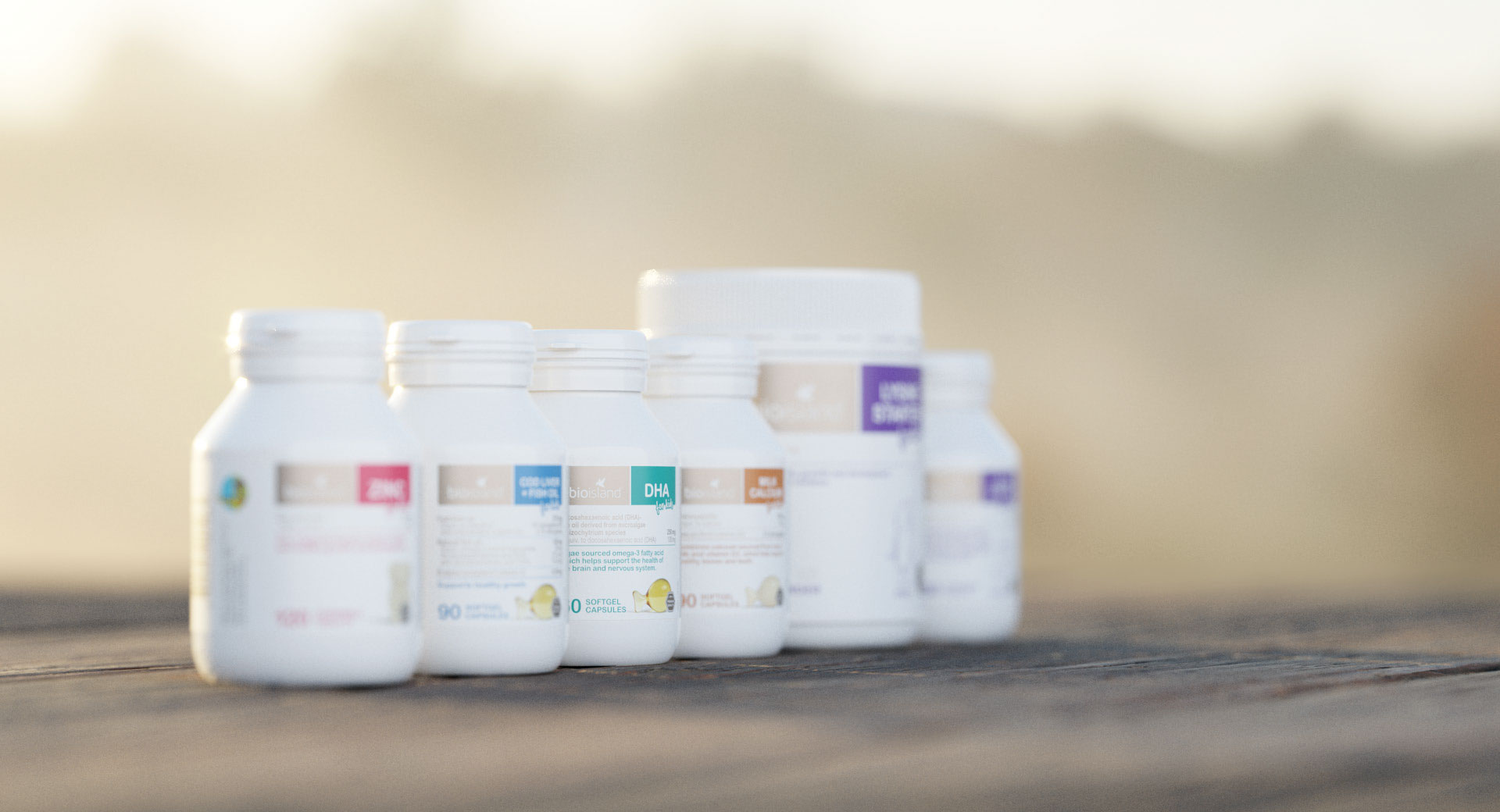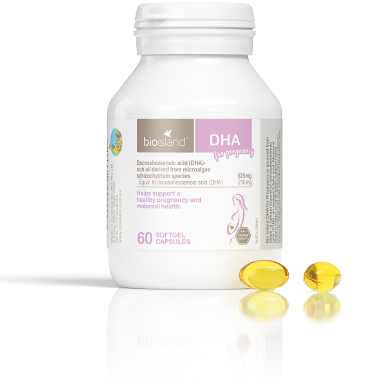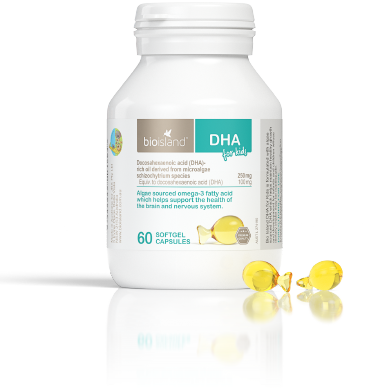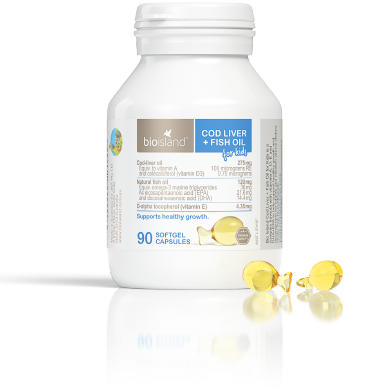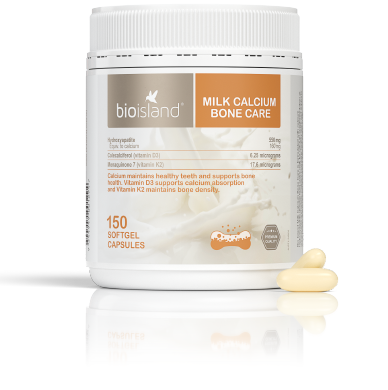
What are different fats? And how does your body process them?
Fat serves the body primarily as a source of fuel, providing twice the energy than that of carbohydrates and protein.
By Bio Island Nutrition Team
Fats are required to perform metabolic processes within our body. Fat serves the body primarily as a source of fuel, providing twice the energy than that of carbohydrates and protein, making it an extremely efficient storage form of energy. The body’s fats stores have virtually unlimited capacity as the fat cells of the adipose tissue readily take up and store fat.Fat serves other roles in our body too. The layer of fat beneath the skin insulates the body from temperature extremes. Fat pads serve as natural shock absorbers cushioning our bones and vital organs. Fat also provides the structural material for cell membranes and participates in cell signalling pathways. They help with absorption of fat soluble vitamins A,D,E and K, as without them you will be missing out on what these important vitamins do within our bodies.
So what are fats?
Understanding the different types of fats can be confusing but it is essential to know the differences as not all fats are created equal.
To understand about fat and the different types we need to get technical.
Fats refer to the class of nutrients known as lipids. They include the type which is found in our food and body, triglycerides, phospholipids and sterols.
What are the different types of fats?
• Saturated: Decades of dietary advise suggested that saturated fat were harmful. More recently however, research is beginning to suggest that eating a diet limiting saturated fat consumption maybe what is more harmful than consuming the recommended amounts. This is because it may not be substituted with another more beneficial fat like polyunsaturated fats. Eating good fats in place of saturated fats lowers the LDL (bad) cholesterol and it improves the ratio of total cholesterol to HDL (good) cholesterol, lowering the risk of heart disease.
• Monounsaturated (MUFA): Monounsaturated fats are abundant in olive oil and canola oil and it is believed that including MUFA in your diet may lower your risk of certain diseases and conditions such as heart disease and improving blood glucose regulation.
• Polyunsaturated (PUFA): PUFA contain essential Omega-3 and Omega-6s, They perform different functions in the body and must be present in the correct ratios to ensure optimal functioning. The difficult thing is that we readily obtain Omega-6 from the foods we eat as they are surprisingly found in take away foods and in packaged sweet foods such as biscuits. This along with the food sources of Omega-3 like walnuts and flaxseed which are also a source of Omega-6 won’t improve the important ratio. So by reducing our intake of those pre-packaged foods we can begin to bring the right balance back.
• Trans Fats: Some trans fats are artificially produced when PUFA are partially hydrogenated by the body. This type of fat can be found in pastries and creamy foods. Trans fats are also found in small amounts naturally in animal fat and dairy. Trans fats are the worst fats to consume for your health. They can raise your LDL cholesterol and lower your HDL cholesterol levels, create inflammation which can implicate heart disease, stroke, diabetes and other chronic conditions.
How is fat processed in our body?
Fat metabolism begins slowly in our mouth, a little is done in our stomach but most of it occurs on our small intestine. When fat enters the small intestine a hormone releases bile and enzymes from the pancreas and small intestines complete the processes of digestion.
Once the fat is digested it is either excreted with the help of dietary fibre or reabsorbed back into the bloodstream. The blood carries these newly reassembled lipids to the rest of the body for immediate use or storage. This is why it is important we are consuming the best fats in our diet because its that fat that is getting stored and utilised.
Remember that all types of fat, even the healthy ones are high in kilojoules. To control your kilojoule intake, consume monounsaturated and polyunsaturated fats instead of other types of fat, not in addition to them.
So we now have an understanding on the different types of fats and know that not all fats are bad for you. Dietary fat is one nutrient that our bodies need. It is only when we eat either too little or too much fats that it becomes a problem and cause heath issues.
This information does not take into account your personal situation and is general in nature. You should consider whether the information is appropriate for your needs and seek professional medical advice.
Always consult your healthcare professional before taking any supplements or if any concerns arise.
